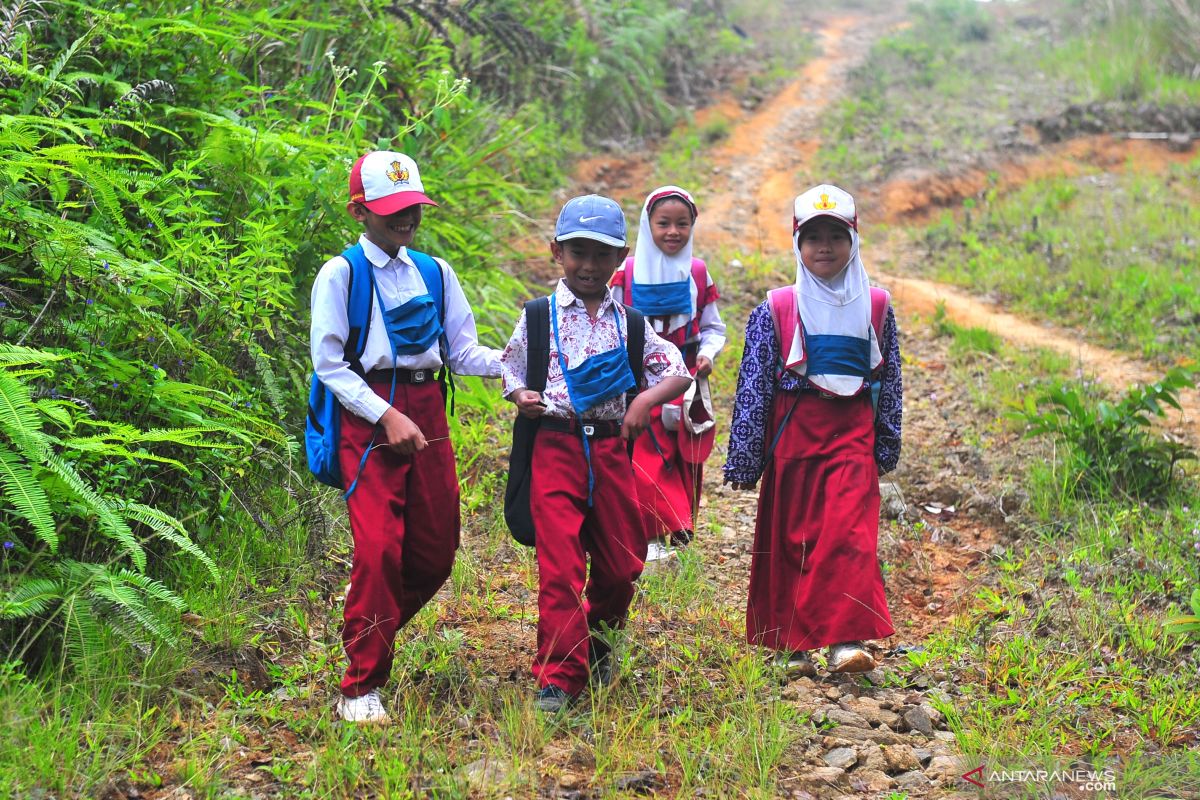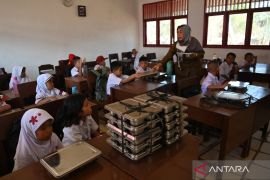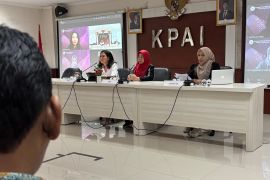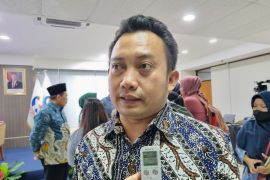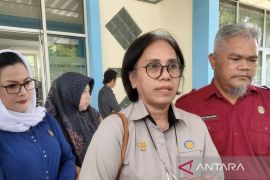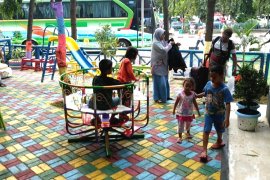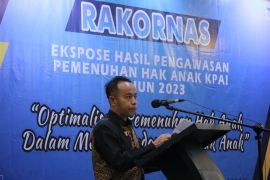KPAI Chairman Susanto affirmed that Children's Day, celebrated on July 23 in Indonesia, should serve as a momentum to assess and improve child protection policies during the pandemic.
"We hope this year's Children's Day becomes a momentum (for the government) to improve on four issues (we currently face)," Susanto stated here on Friday (July 16).
Susanto highlighted the first issue to be addressed being children's health care, especially pertaining to care for children infected by COVID-19 and infection prevention during the pandemic.
"(COVID-19) infection rate among Indonesia's children is high. Hence, a more serious and systematic effort (to address this issue) is necessary," Susanto emphasized.
During a nationwide coordination meeting on June 30, the KPAI had put forth recommendations to the authority as a precautionary measure against a rise in the COVID-19 infection rate among children and also projected preparedness for a child-safe health care service.
Moreover, the KPAI pressed for transparency of data pertaining to the children’s infection rate, including the presentation of daily data on infected children up to the age of 18 years to make the public aware of the fact that COVID-19 also affects them.
The second matter to be tackled is ensuring safe and comfortable education for children. A careful approach to preparing the school for face-to-face learning activities should be prioritized despite the parents' expectations of immediate school openings.
The KPAI has recommended schools and local education authorities to coordinate and consult with the local health authority, COVID-19 task force, and epidemiologist prior to opening the school for activities.
"Before opening the school (for activities), they must first ensure readiness on the five aspects of regional readiness, school readiness, teacher's readiness, parent's readiness, and student's readiness," he stated.
Susanto pointed to the negative impact of digital technology as the third issue that should be addressed.
"Cybercrime potential (among our children) is high. They are vulnerable to fall victims or even being used by criminals," he cautioned.
The KPAI also highlighted child care during the pandemic as the fourth issue to be addressed.
Susanto noted that even before the pandemic, not all parents had implemented safe and proper child care, and the pandemic made children more vulnerable when their parents are affected economically or socially especially if the parent's child care competence is low.
"In our opinion, the local government down to the local communities should ensure (sufficient) parenting skills among parents. This is important to ensure child care quality at the local level," Susanto stated.
"Those four issues should be evaluated (by the government), and improvement is necessary for (our children's) better future," Susanto concluded.
Related news: Protracted remote learning can spur dropouts, raise child marriages
Related news: Local govts asked to offer services for violence, trafficking victims
Related news: Child protection is a collective responsibility: MPR Chair
Translator: Rizka K, Nabil Ihsan
Editor: Sri Haryati
Copyright © ANTARA 2021
